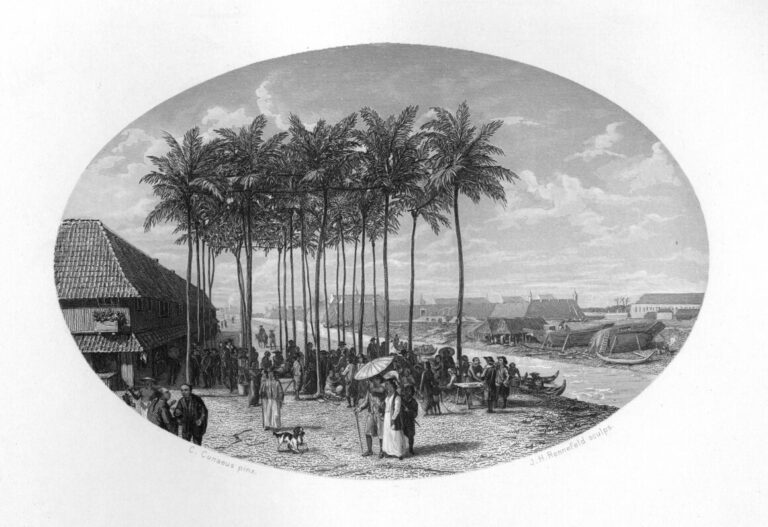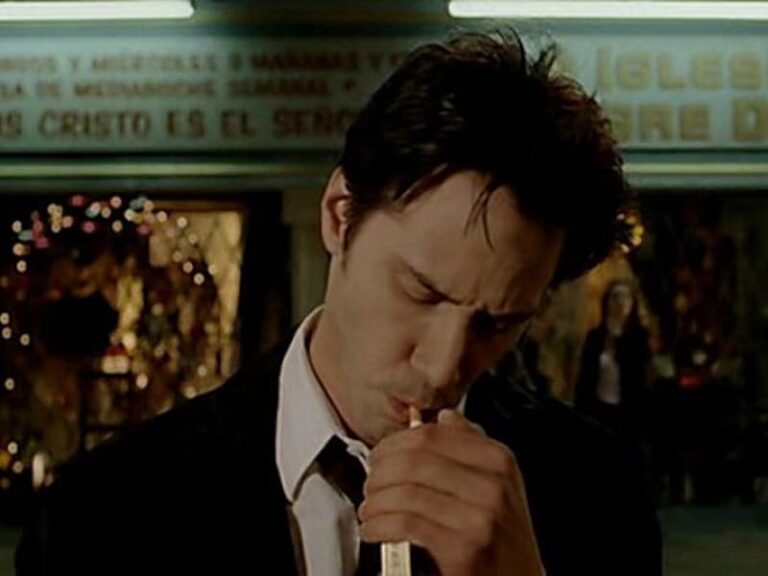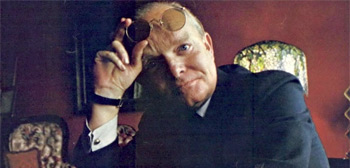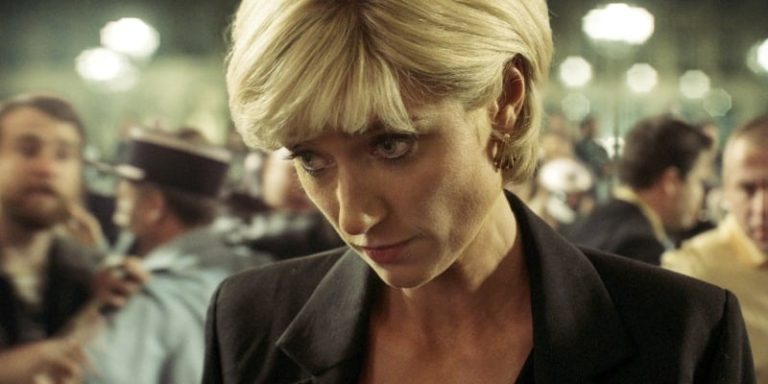Fantasia Film Festival 2020: THE PAPER TIGERS
For reasons that are beyond obvious, martial arts cinema has always focused on characters at the peak of their physical prowess. Sitting through Ip Man 4: The Finale, it’s easy to forget that Donnie Yen is actually in his late fifties, yet still moves with the same level of finesse that he did for the franchise’s first film, more than a decade ago. And despite having turned 66 earlier in the calendar year, Jackie Chan is set to star in yet another Police Story film (currently set for a 2022 release).
The fact that age seems to be a meaningless currency in these types of films is certainly a testament to the aforementioned performers’ dedication to maintaining their physique. But it also points to the transformative nature of cinema, and how the medium tends to make you forget about the wrinkles and blemishes that the human body endures over time. In The Paper Tigers, Bao Tran has no intentions of hiding these imperfections, and fully embraces the trying realities of being an aging martial artist. The result is a film that feels strangely grounded in reality, while still managing to evoke the sense of imagination that we’ve come to expect from the martial arts genre.
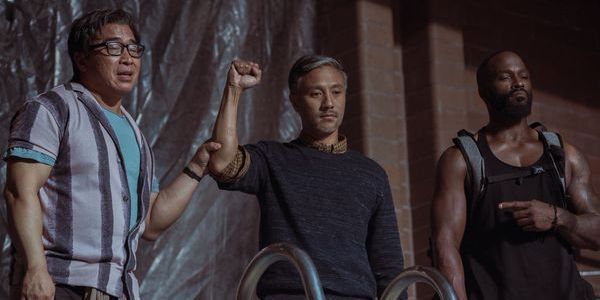
The film follows three former Kung Fu prodigies – Danny (Alain Uy), Hing (Ron Yuan), and Jim (Mykel Shannon Jenkins) – who are reunited after the death of their former master, Sifu Cheung (Roger Yuan). Even though their relationship with each other has been marred with conflict, they’re forced to put their grievances aside to determine what exactly happened to their fallen master, and who might’ve been responsible for his death. This puts them back in touch with the city’s martial arts scene, with Matthew Page giving a highly memorable performance as an endearing formal rival.
Framing time as an enemy
From the very first moment we see Hing limp his way onto Danny’s driveway, it’s clear that time is an adversary in The Paper Tigers. It’s the reason why the film’s protagonists are physically stunted compared with their former selves and serves as the primary hurdle that they must ultimately overcome. Every fight scene in the film is framed as a physical struggle for these middle-aged former athletes but is really an allegory for their pursuit of somehow turning back the clock. Not just reversing time on their aging bodies, but on their own state of mind, which has been equally corroded by the passing years.
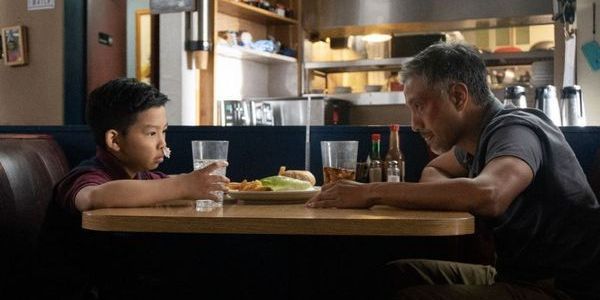
This is particularly true for Danny, whose own personal life has been plagued with past regrets, which are amplified through the relationship he shares with his own son. It’s also illustrated in the fractured relationship between Danny, Hing, and Jim, which in turn, also reflects on their parting interactions with Sifu Cheung. Each relationship, whether good or bad, has had to weather through the test of time, which proves to be the biggest challenge that these characters must confront. Tran utilizes time as the film’s primary villain and lets it permeate across all facets of its narrative. The physical burden of time may be the most obvious branch in this tree, but it’s certainly not the only branch out there.
Choreography that is intentionally not perfect
When it comes to the film’s action choreography, Ken Quitugua has a difficult task of balancing the harsh realities of being middle-aged and out of shape, with the finesse that is expected from a martial arts film. The fights should look their age, so to speak, while still being aesthetically pleasing. This balance is clearly achieved as Quitugua constantly reminds audiences of each fighter’s deficiencies, while never fully sidestepping away from how capable they still are.
For the most part, every fluid combination of kicks and punches is aligned with an acknowledgment that these physical vessels have accumulated mileage over the years. The mileage itself is often depicted through the film’s many comical moments, all while maintaining a level of earnestness that never derails any scene into any form of mockery. There’s almost a slapstick quality to the film’s action choreography, which is perhaps a nod to the classic Hong Kong action films that Tran grew up watching. Uy and Yuan are particularly impressive at showcasing both mastery and struggle in their respective fight scenes, which fits so perfectly with The Paper Tigers’ main narrative theme.
Final Thoughts
Taking a step back, what makes The Paper Tigers such a unique film is that it captures a certain demographic that we rarely (if ever) see on screen. That is, the cohort of aging athletes who still have a passion for the martial arts, but are no longer the physical specimens they once were. Throwing this story into a North American setting only makes it more special, and Tran truly shines as a director juggling material that clearly strikes a personal cord for him. Even without reading the film’s press notes, The Paper Tigers is crafted with a sense of passion that can only come from a filmmaker who is eager to express their own intimate creativity. Tran finds that vehicle of expression in The Paper Tigers, which is certainly impressive for a feature film debut. The world will be waiting eagerly for what he does next.
Watch The Paper Tigers
Does content like this matter to you?
Become a Member and support film journalism. Unlock access to all of Film Inquiry`s great articles. Join a community of like-minded readers who are passionate about cinema – get access to our private members Network, give back to independent filmmakers, and more.
Join now!
